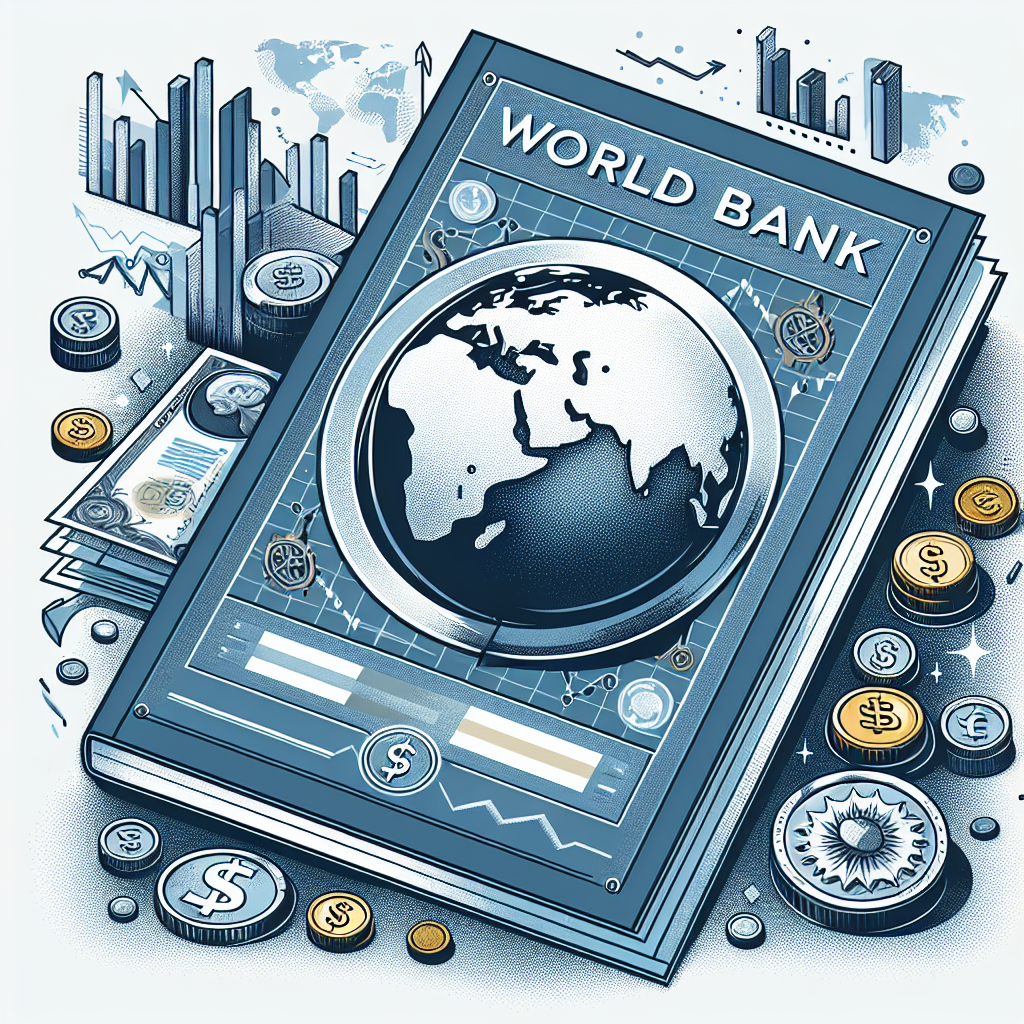World Bank VP Concludes Visit to Bangladesh, Reaffirms $3B Support for Growth
During the 2023–2024 fiscal year, the World Bank committed over $3 billion in concessional financing to Bangladesh.

- Country:
- Bangladesh
The World Bank’s Vice President for South Asia, Johannes Zutt, has wrapped up his first official visit to Bangladesh, underscoring the institution’s enduring commitment to supporting the country’s development goals and economic transformation. His visit comes at a critical time as Bangladesh grapples with mounting challenges related to climate vulnerability, macroeconomic stability, and inclusive growth.
In a series of high-level meetings with national leaders and key stakeholders, Zutt reiterated the World Bank's strategic partnership with Bangladesh, which has evolved over the past five decades into one of the largest and most comprehensive development collaborations in the region.
Supporting Urgent Development Needs with Over $3 Billion in New Commitments
During the 2023–2024 fiscal year, the World Bank committed over $3 billion in concessional financing to Bangladesh. These funds are aimed at addressing the country's most pressing development priorities, including:
-
Enhancing health, water, and sanitation services
-
Strengthening social protection systems
-
Accelerating investment in infrastructure and climate resilience
-
Reforming financial and public sector institutions to boost transparency and accountability
These commitments reflect the Bank’s alignment with Bangladesh’s national development vision and its efforts to build long-term economic resilience while addressing immediate needs arising from global economic shocks and domestic fiscal pressures.
High-Level Dialogue With Interim Government and Key Officials
During his visit, Zutt met with Professor Muhammad Yunus, the Honorable Chief Adviser of the Interim Government. He praised the administration for initiating “critical reforms” aimed at reinforcing good governance, increasing institutional transparency, and laying the groundwork for economic stability and private-sector confidence.
“The people of Bangladesh, especially the youth, are determined to have a better future. Our longstanding partnership has already helped lift millions out of poverty, and we will continue to work together to build economic and climate resilience,” Zutt said.
He also held consultations with:
-
The Finance Adviser
-
The Planning Adviser
-
The Bangladesh Bank Governor
-
The Special Envoy for International Affairs
-
Representatives from civil society and the private sector
These discussions explored both immediate and medium-term challenges—such as high inflation, currency devaluation, and foreign exchange constraints—as well as long-term development opportunities including export diversification, digital transformation, and labor market reforms.
World Bank–Bangladesh Partnership: 50+ Years of Impact
The World Bank has been a key development partner since Bangladesh’s independence in 1971. Over the past five decades, it has committed more than $46 billion in International Development Association (IDA) financing—comprising interest-free loans, grants, and highly concessional credits.
This support has spanned every major sector, including:
-
Education: Helping achieve near-universal primary school enrollment
-
Healthcare: Expanding maternal and child health services
-
Energy: Supporting rural electrification and sustainable energy transition
-
Transport: Modernizing ports and road connectivity
-
Disaster resilience: Building infrastructure to withstand floods and cyclones
-
Social safety nets: Scaling up programs for the ultra-poor and vulnerable populations
Bangladesh is widely recognized as one of IDA’s most successful clients, having transformed from one of the poorest countries in the 1970s to a lower-middle-income country with aspirations to graduate to upper-middle-income status in the coming decade.
A Focus on Climate and Private Investment
Looking ahead, the World Bank has committed to intensifying support for Bangladesh’s transition to a greener, more inclusive economy. With the country highly vulnerable to climate change, the Bank is financing projects to improve coastal protection, flood control, and sustainable agriculture.
Zutt also emphasized the importance of mobilizing private capital through policy reforms and Public-Private Partnerships (PPPs). These efforts aim to reduce reliance on public financing, encourage foreign direct investment, and support job creation, especially for the country's growing youth population.
Reaffirming Long-Term Partnership
The visit by Vice President Zutt reflects the World Bank’s strategic focus on sustaining Bangladesh’s momentum despite global and domestic headwinds. With its young workforce, vibrant textile sector, and a strong record in poverty reduction, Bangladesh remains one of the most promising economies in South Asia.
The World Bank reiterated its pledge to support the country in reaching its Vision 2041—the Government’s long-term roadmap to becoming a high-income, climate-resilient, and equitable society.
ALSO READ
INVNT Scales South Asia Presence with Breakthrough Brand Activations, Immersive Storytelling, and Cultural-First Experiences
Modi Advocates Global Governance Reforms for a Stronger World
U.S. Restores Funding for Tibetan Aid in South Asia
BRICS Summit 2025: Modi Calls for Global Governance Reforms and Unity Against Terrorism
In South Asia, anaemia threatens women’s health and economic futures










